
The Free Press

I did a double take when Christina first walked into the LA office where I used to work. What were the chances that another girl from my high school in Connecticut would get a job in the same department of the same company, nearly 3,000 miles away from where we grew up? I rushed over to her, grinning widely. But when I greeted her, Christina looked at me blankly.
I mentioned the high school we had both gone to, thinking it might jog her memory. It didn’t. Yes, she had gone there, but no, she didn’t recognize me, and, frankly, she seemed weirded out that I recognized her. Our school had over 1,500 students and Christina was two years behind me. We had never shared a class, we had no friends in common, and I’m pretty sure we never spoke.
At the time, I had no explanation for why I remembered her. This was eight years ago, and I didn’t yet know there is a name for people with my uncanny powers of recognition. Otherwise, I might have told her I am a “super-recognizer”—though that might not have improved the awkwardness.
Ever since I was a kid, I have been good at remembering faces. If I see someone once, I can recognize them in a crowd. If there’s a low level celebrity in my vicinity, I’ll tell my husband, “That’s that low level celebrity.” My friends will ask me to compare blurry dating app photos with LinkedIn headshots of men they’re interested in, and it doesn’t matter how many years apart the photos were taken: I can always tell immediately if it’s the same guy. And I have had many, many interactions with people I recognize who evidently do not recognize me.
It wasn’t until I’d reached new depths of boredom during the pandemic that I decided to do a little research about this quirk of mine. I googled something along the lines of “good at people face memory am i genius,” and discovered that in 2009, researchers from Harvard University and University College London published a paper that first coined the term “super-recognizer” for those of us with “extraordinary face recognition ability.”
The researchers had initially been researching prosopagnosia, or face blindness—a cognitive condition that makes people unable to recognize other people, sometimes including their own family and friends. But several people had reached out to say that their experience was just the opposite. They were better than anyone they knew at recognizing faces.
The researchers decided to test these claims. They assembled four self-styled super-recognizers as well as a control group, showed them several “target” faces, then asked them to pick out the same faces in different lineups, from various angles, and in different lighting. The researchers also gave the two groups a “Before They Were Famous” test, in which they were shown old or childhood photos of celebrities and asked to identify them. The super-recognizers performed much, much better in both these tests than the control group—leading the researchers to conclude that there is indeed a class of people whose ability to recognize faces is abnormal.
Once I learned about the existence of super-recognizers, I felt confident I was one. But I wanted to know if there was a way to formally claim the jazzy title. Returning to Google, I landed on the website of the Association of Super Recognisers (also known as ASR), an English professional body “representing Super Recognisers internationally.”
The organization was founded in 2017 by Mike Neville, who was then a detective chief inspector of the London Metropolitan Police. He told me that he first became aware of super-recognizers two decades ago, while working on a problem that had frustrated him for some time: Officers weren’t regularly using crucial video surveillance footage to identify criminals. While searching for a fix, Neville discovered that a small group was able to repeatedly make very reliable identifications.
In 2010, he discussed his findings with University of Greenwich Professor Josh Davis, a psychologist who had written his doctoral thesis on “Forensic Identification of Unfamiliar Faces in CCTV Images.” Davis told me he was initially “dubious.” His thesis had concluded that people are generally quite bad at identifying unfamiliar faces from video surveillance, even when the images are high quality. But when he tested the small group of officers Neville brought him, he discovered that they scored far above average at face recognition. Interested, he began developing an official testing regime for super recognition.
Neville, meanwhile, formed the world’s first super recognizers unit in the Metropolitan Police, in 2015. The team has had success after success, solving cases ranging from the murder of a West London schoolgirl to a series of mass sexual assaults in Cologne, Germany. In 2016, the unit identified a shoplifter in London who had carried out a whopping 40 thefts of luxury goods worth £100,000. And after the attempted poisoning of the Russian double agents Yulia and Sergei Skripal in 2018, detectives from the super-recognizers unit led the high-profile search that identified two suspects.
After retiring in 2017, Neville set up Super Recognisers International, which encompasses the Association of Super Recognisers. His aim is to connect super-recognizers to careers, in both the public and private sectors, where their skills can be put to use.
Which brings us back to the ASR home page, in 2020, when a window caught my attention: “COULD YOU BE A SUPER RECOGNISER? TAKE OUR TEST TO FIND OUT…”
I was so ready. There are three parts to the online test I did, which was developed by Professor Davis. The first focuses on short-term face memory. You’re shown a face for a few seconds, then immediately have to identify the same person among photos of other people.
For the second test, you get two pictures on the same screen, and you have to identify whether they’re of the same person. The pictures could be taken at different angles, or years apart, or both; the haircuts could be totally different.
The final test measures long-term face memory. You’re given 10 videos with faces to study and then, a week later, you have to identify the same faces in a lineup.
Some of the tests were easy for me. I was shown a man wearing sunglasses, then had to find him among other faces; he was further away, without sunglasses, and turned to the side. I spotted him immediately. But the questions got increasingly difficult. By the end of one section, a lot of the photos were grainy and low quality, and the faces I was trying to recognize looked more like sleep paralysis demons than human beings. I went with my gut, then submitted the test (with a £30 fee) and waited for the results.
To be considered a super-recognizer by the ASR, you need to score in the top 2 percent of the population. Soon, I got word that I had done just that. In fact, when I spoke to Professor Davis, he told me my score might put me in the top 0.5 percent of the population—and would get me a job with any of the police forces he’s worked at.
Does this make me a genius? Sadly, no. A 2010 study found there’s no correlation between face recognition and IQ. Still, I was exceedingly proud of my new title, though I also felt like I hadn’t done anything. It’s impossible to explain “how” you recognize someone; you just do!
But researchers are learning more about what cognitive functions are involved. A 2022 University of New South Wales study found that when most people look at a face, they tend to focus on the eyes, especially if they’re trying to remember someone. But when super-recognizers look at a face, they unconsciously fixate on the part that’s most memorable, whether it’s the eyes, the mouth, or a mole.
This isn’t a skill that can be learned, Professor Davis said; super-recognizers are born, not made. In fact, face recognition is one of the most heritable cognitive skills there is. My parents haven’t taken the full test, but both did pretty well on the just-for-fun five-minute version—despite the fact that they’re both more than twice the age of 30, at which face recognition skills peak.
These days, I have a new appreciation for an ability I never found particularly useful. Super-recognizers aren’t just good at solving crimes; we’re good at preventing them. A super-recognizer named Alex Thorburn has been deployed to spot any known troublemakers at everything from horse races to the Coronation of King Charles III. We also come in handy for historians: In 2014, a super-recognizer named Dale Nufer identified a soldier carrying a dying comrade through the trenches in rare footage from World War I, after about 20 different families came forward to claim the man as their relative.
I’m a producer at The Free Press, and while I’m not considering a career change right now, I have been putting my super-recognizer skills to better use at work.
In May, my colleague Francesca Block wanted to speak with the custodian who had been attacked by a violent mob of protesters at Columbia University. I offered to help her track him down. All I had was a social media username that might—or might not—be tied to the custodian. Feeling like my own one-woman super-recognizer unit, I tracked down a Flickr account with the same name, long out of use, and flipped through a few pictures of landscapes and shoes—before an 11-year-old photo came up of two men posing at an event.
It’s hard to explain how I knew one of them was the custodian. Perhaps it was the position of his eyes, the distance between his nose and mouth, the pattern of his facial hair. I told Francesca to go ahead and reach out for an interview. I definitely recognized him.
For a story about the opposite phenomenon—by a woman who finds it hard to recognize anyone, even her own family members—click here: “I’m Face Blind. Here’s What It’s Like.”
Jana Kozlowski is a producer at The Free Press.
To support our work, subscribe today:


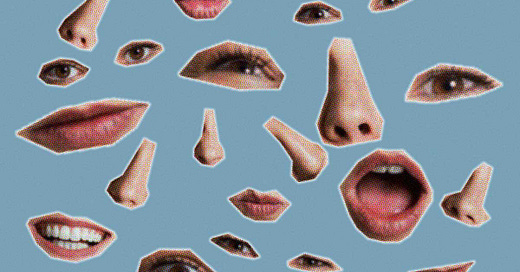


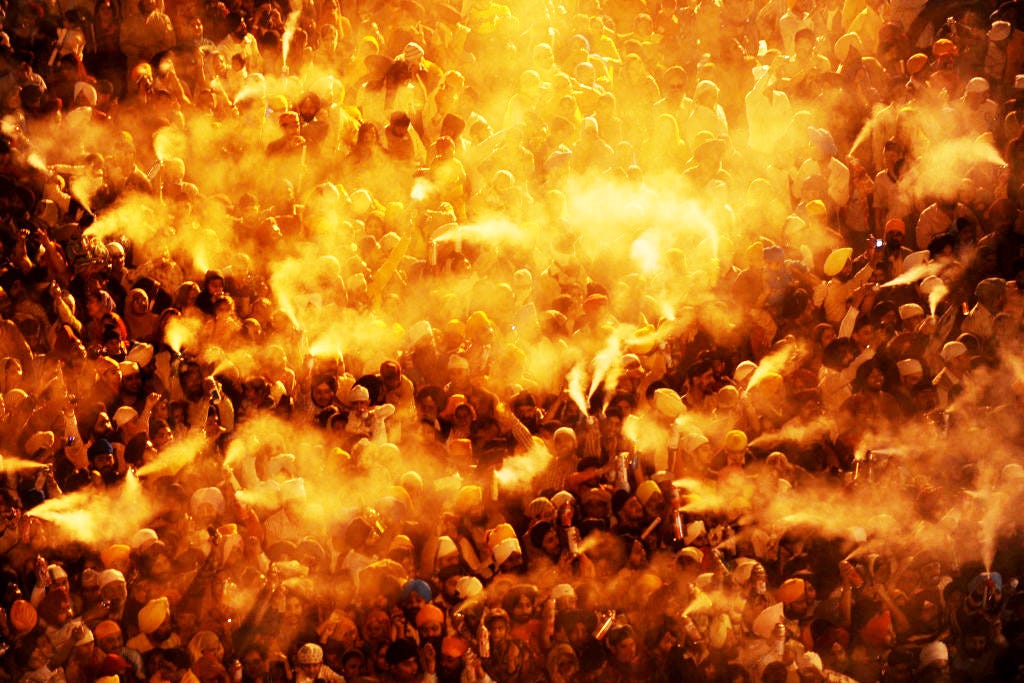

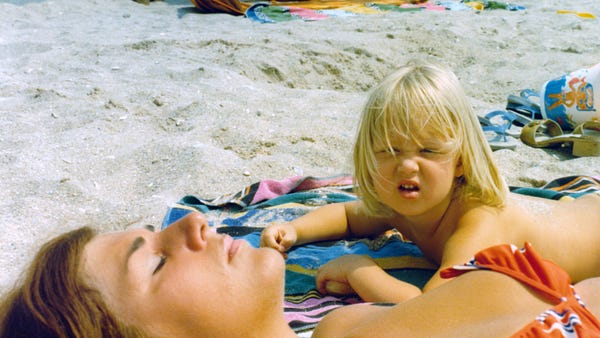

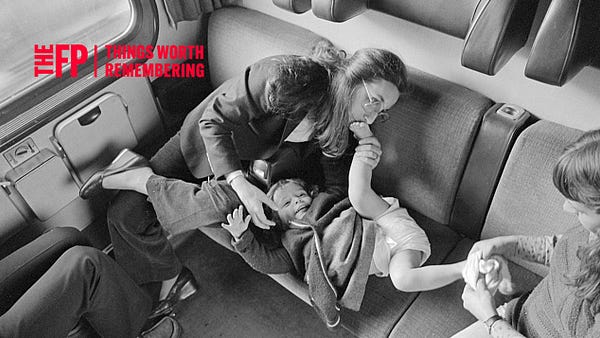

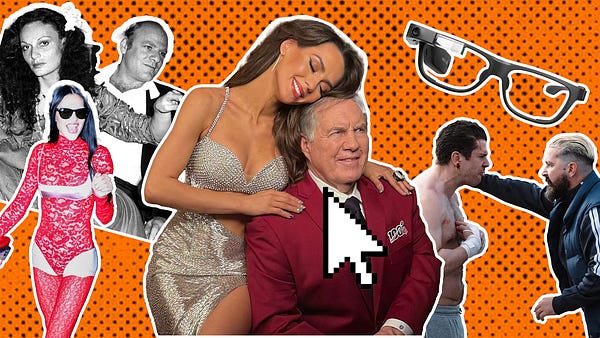

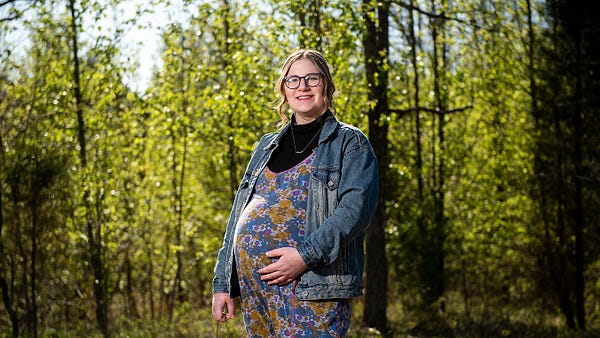

WOW!
I was a part of Josh Davis' group from 2016 - 2019, until I decided I might be using my powers for evil. I am not top .05%, but I can easily recognize almost everyone. Occasionally I'll meet someone I've met before and it will take me a little while to figure out how I know them, but I know almost everyone else immediately (especially actors, models, and celebrities).
My husband is loads better at this than I am, and he can indeed recognize younger people from much older photos, with different haircuts and makeup, and that really is something to behold. It's a gift.